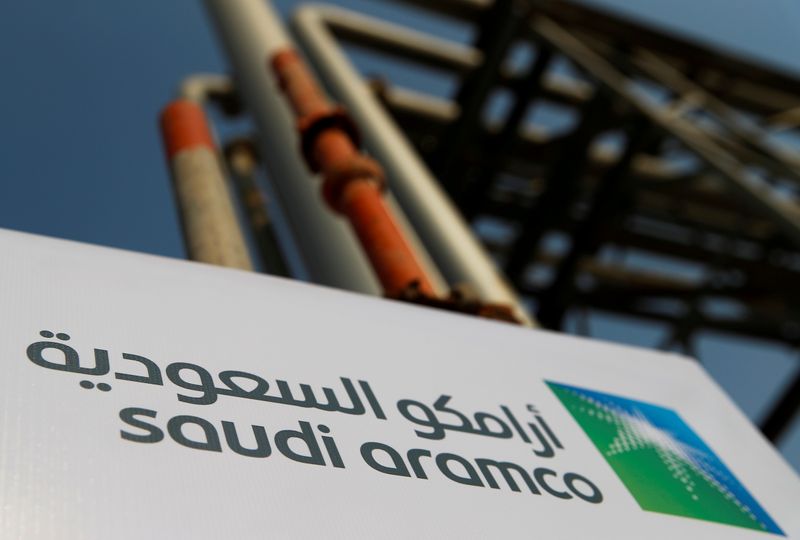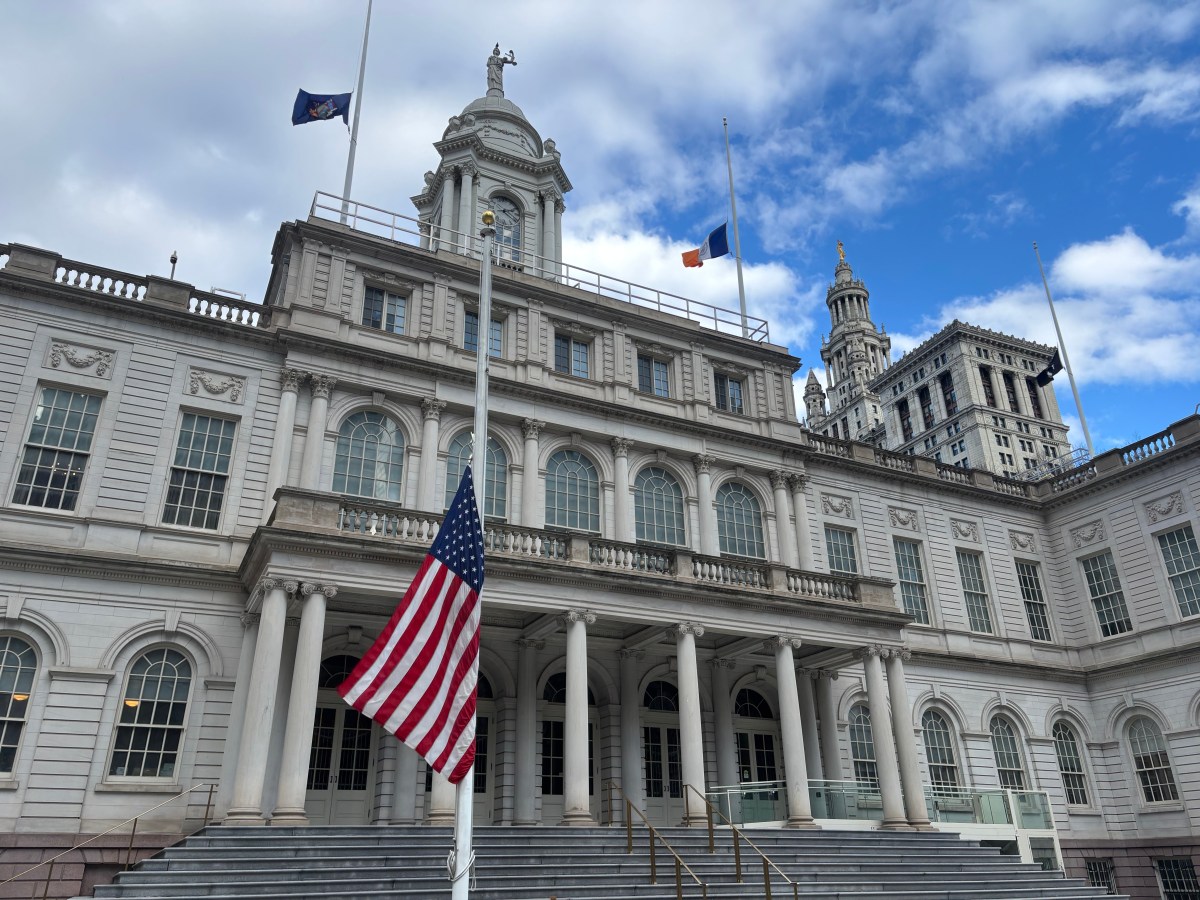LONDON (Reuters) – Saudi Aramco’s debt is expected breach target levels as an oil price collapse triggered by the coronavirus forces it to borrow to meet the world’s largest dividend pledge and buy a major stake in petrochemicals maker SABIC, analysts said.
Compared with western oil companies, Saudi Arabia’s national oil company appears in robust financial health.
On Tuesday, it reported $16.6 billion in profits in the first quarter, more than double the combined profits of the top five western oil and gas companies, as the impact of the coronavirus-related travel restrictions began to be felt.
Aramco shares were up 1.2% at 1442 GMT.
But, although Aramco amassed $15 billion in cash, that was not enough to pay its $18.8 billion dividend for the quarter, when global benchmark Brent crude oil prices averaged $50 a barrel.
“Aramco would be borrowing to pay its dividend, which cannot be sustainable in the long term,” Bernstein analysts said in a note.
The ratio between Aramco’s debt and its market value, or gearing, dropped to minus 5% in the quarter. That compares with a gearing range of 11% to 36% for its western rivals.
GRAPHIC: Big Oil’s Q1 20 profits – https://fingfx.thomsonreuters.com/gfx/ce/nmovanbrmpa/Pasted%20image%201589276808728.png
Saudi Arabia last year listed 1.7% of its national oil company, the world’s top oil exporter, in the domestic bourse making it the world’s most valuable company. It lured investors with a promise to deliver $75 billion in dividends over the next five years.
Also last year, it agreed to acquire a controlling stake in Saudi petrochemicals maker SABIC, a deal it is seeking to restructure following the collapse in oil prices, sources told Reuters on Sunday.
Aramco is required under the current terms to pay $25 billion this year to the kingdom’s sovereign wealth fund, according to the payment terms.
Together, the dividend and the SABIC deal were set to push Aramco’s gearing above the top of the self-imposed range of 5% to 15%, Credit Suisse analyst Thomas Adolff said in a note.
“If the government wants Aramco to pay $75 billion in dividends, it will do so by re-leveraging its balance sheet,” Adolff said.
In March, Aramco’s Chief Financial Officer Khalid al-Dabbagh said the company had “massive capacity” to borrow, but did not favour taking on additional debt.
For the kingdom as a whole more debt is worrying as the drop in oil prices means a sharp drop in revenue for Saudi Arabia.
A current easing of the global movement restrictions to contain the coronavirus is unlikely to provide rapid relief. The oil market remains oversupplied, pressure is high to reduce fossil fuel use to protect the environment and analysts have revised down price forecasts.
With oil prices around $30 a barrel, Aramco’s ability to generate cash is likely to deteriorate in the second quarter.
“Bottom line, times are tough globally, including for Saudi Arabia,” the Credit Suisse note concluded.
GRAPHIC: Big Oil’s total debt – https://fingfx.thomsonreuters.com/gfx/ce/bdwpkrqbmvm/Pasted%20image%201589288442729.png
GRAPHIC: Big Oil’s gearing – https://fingfx.thomsonreuters.com/gfx/ce/yxmvjoqdmpr/Pasted%20image%201589289570572.png
(This story corrects to add dropped “billions” in paragraph 3.)
(Additional reporting by Rania El Gamal in Dubai; editing by Barbara Lewis)


















